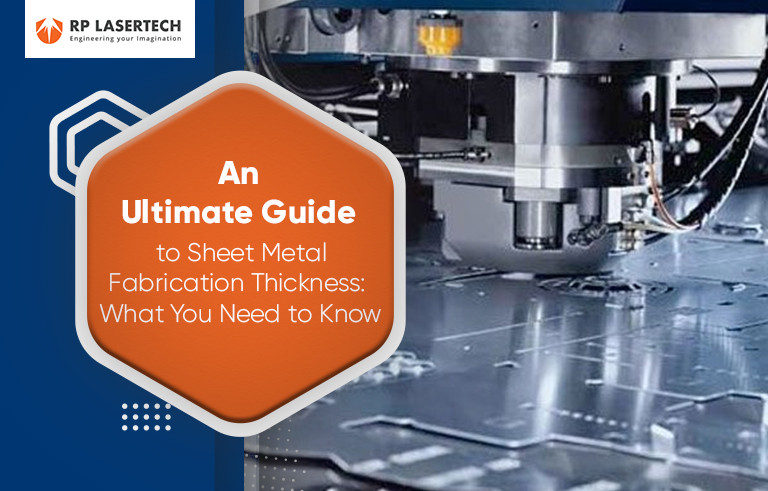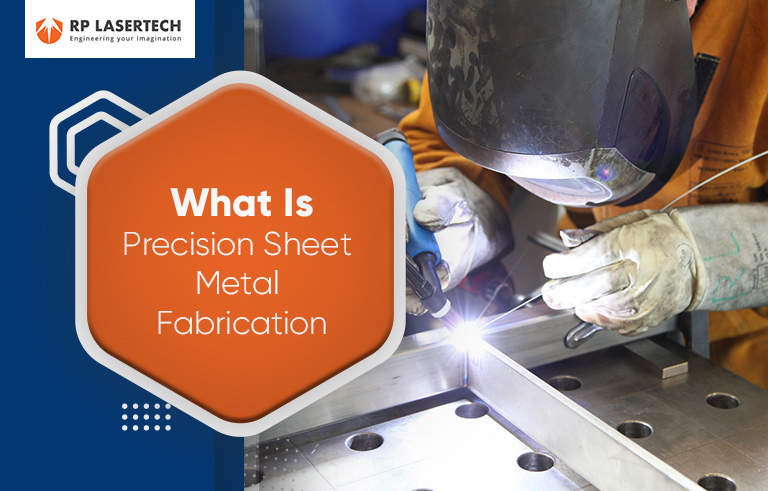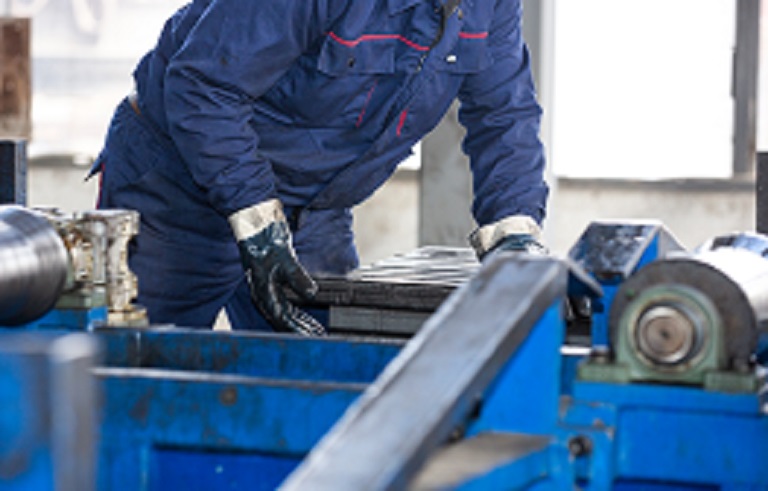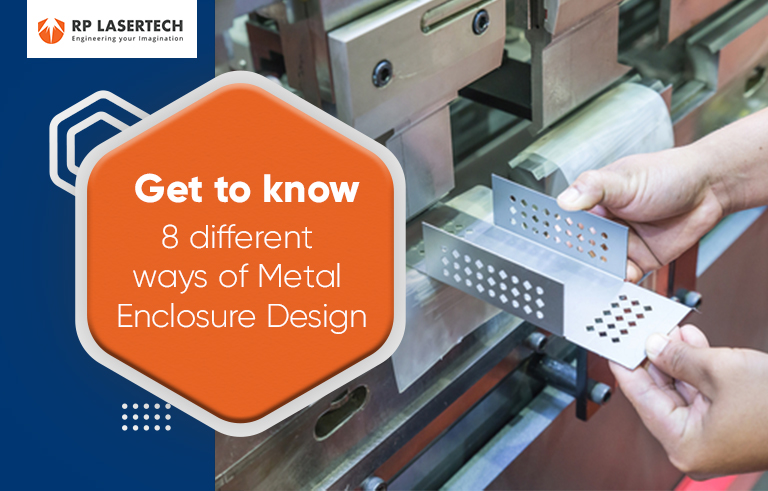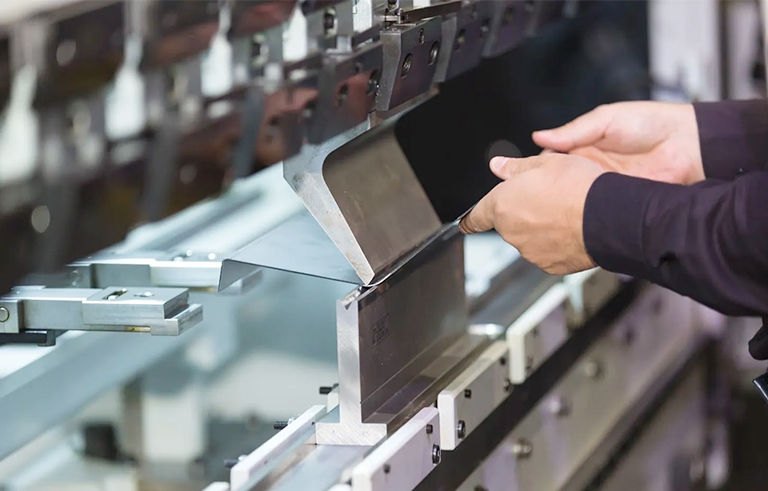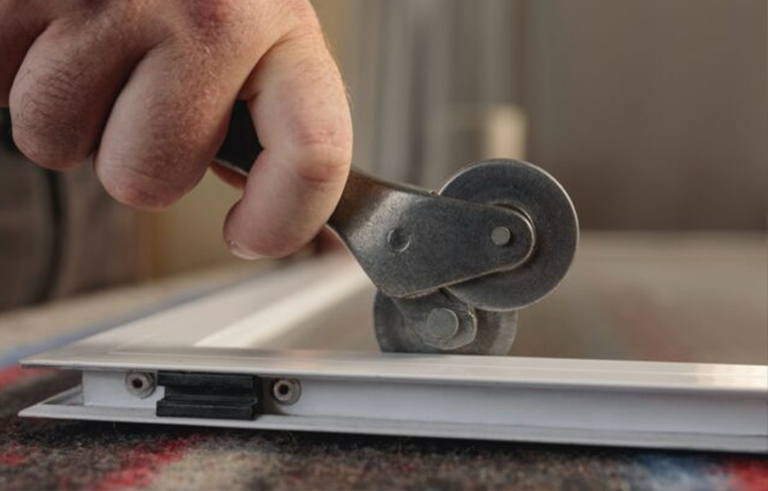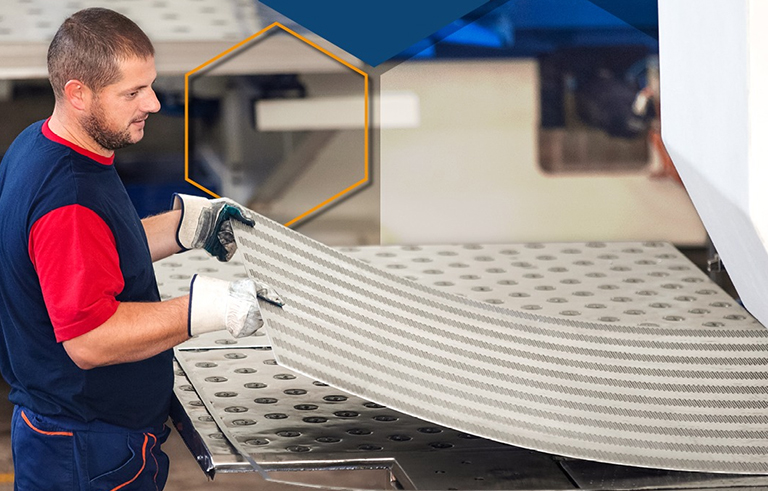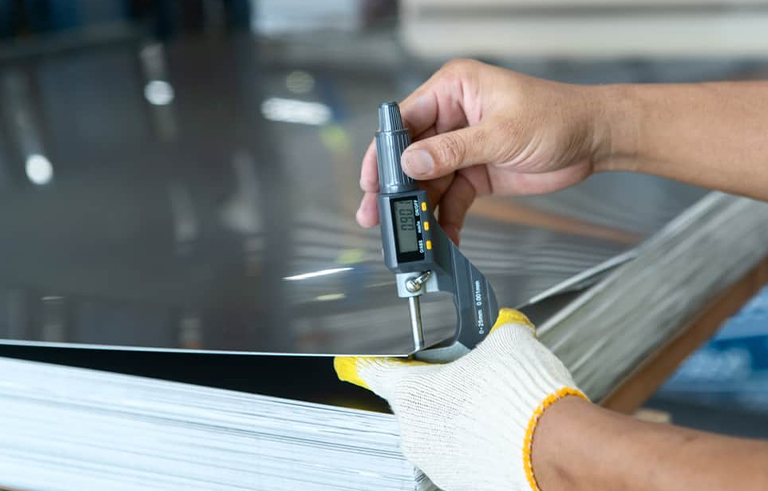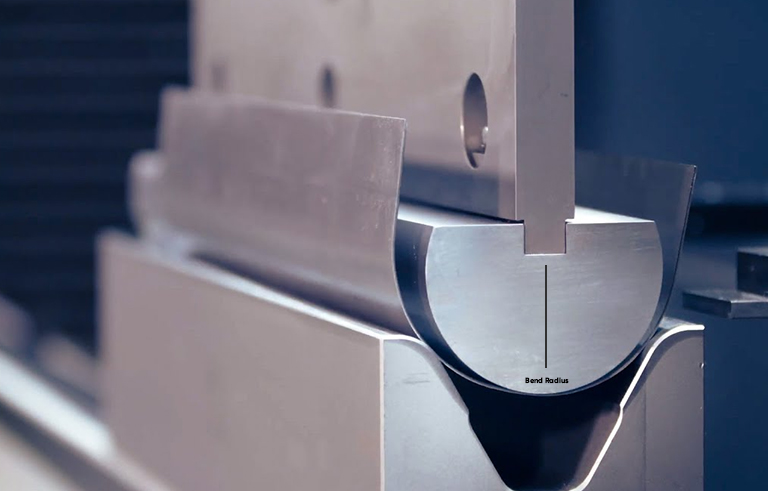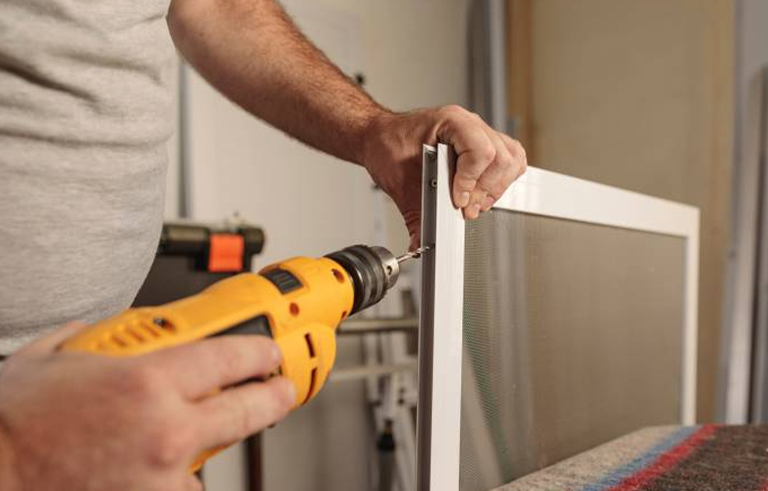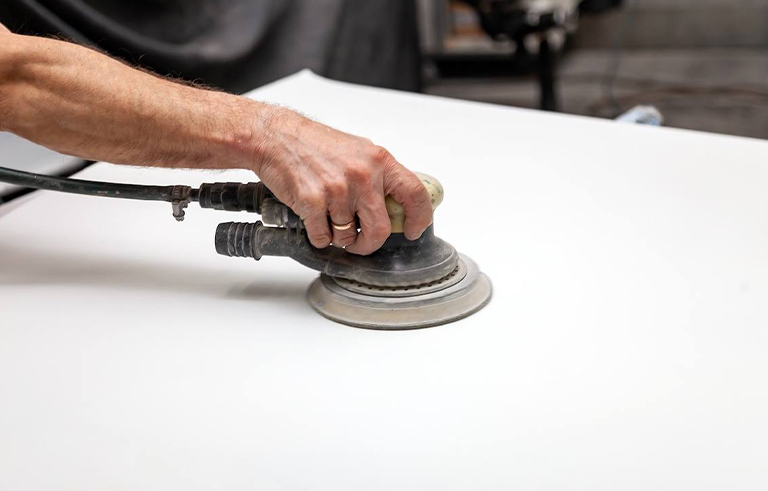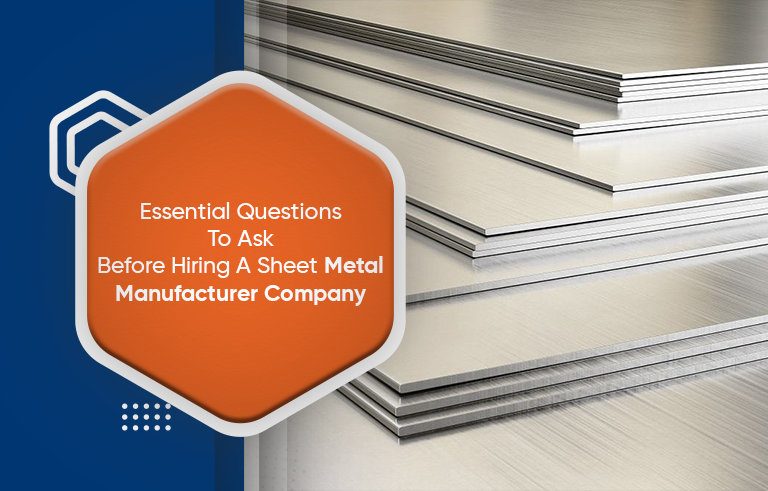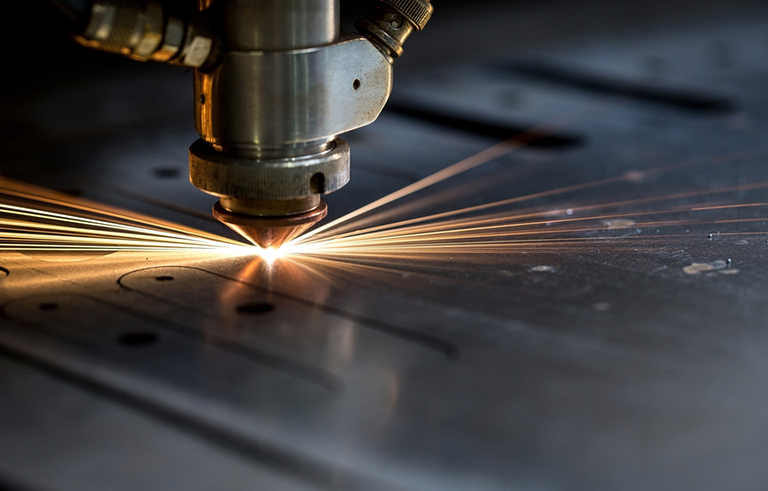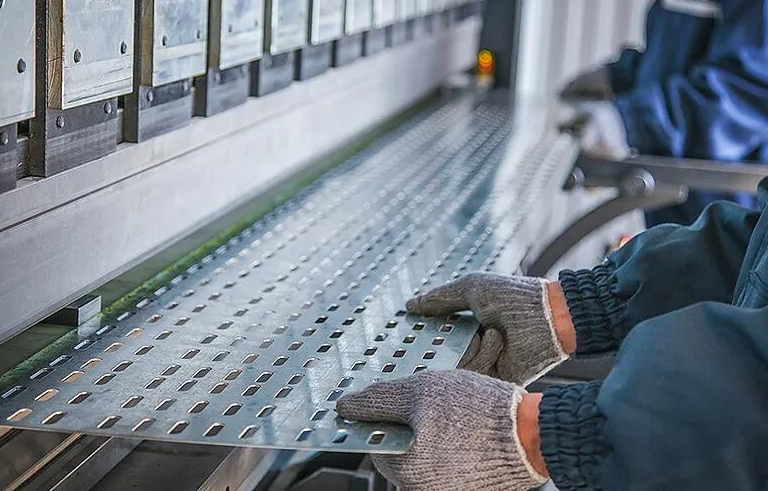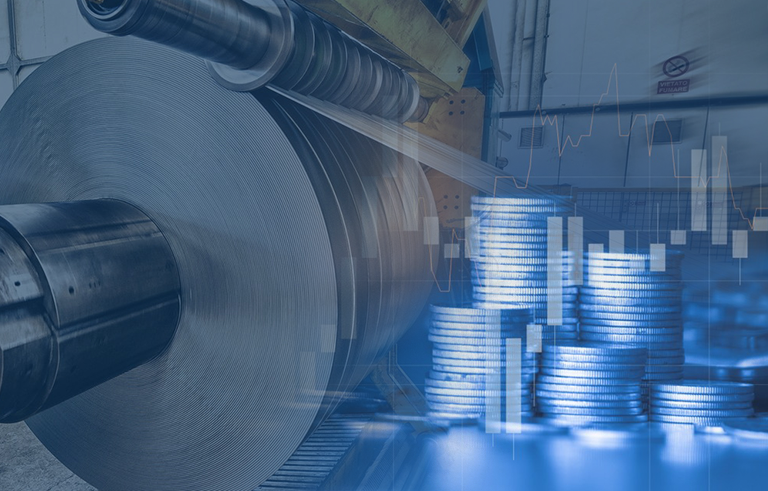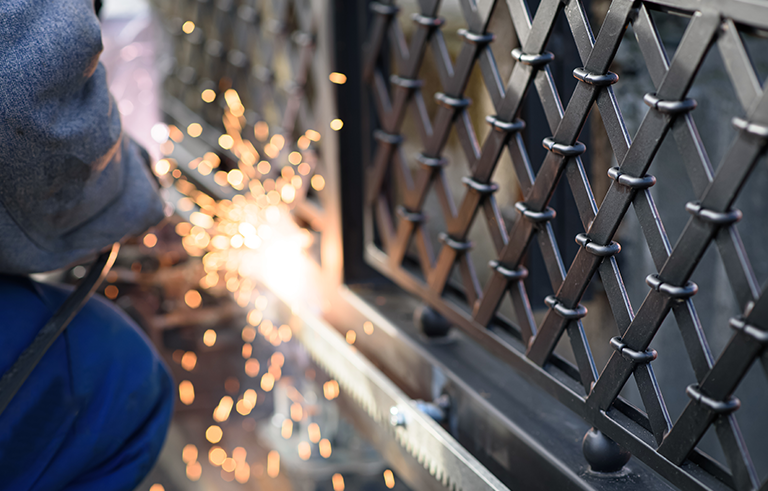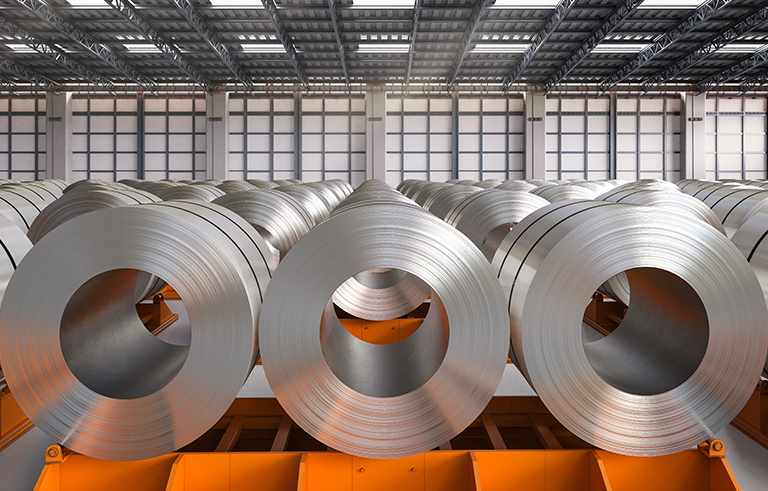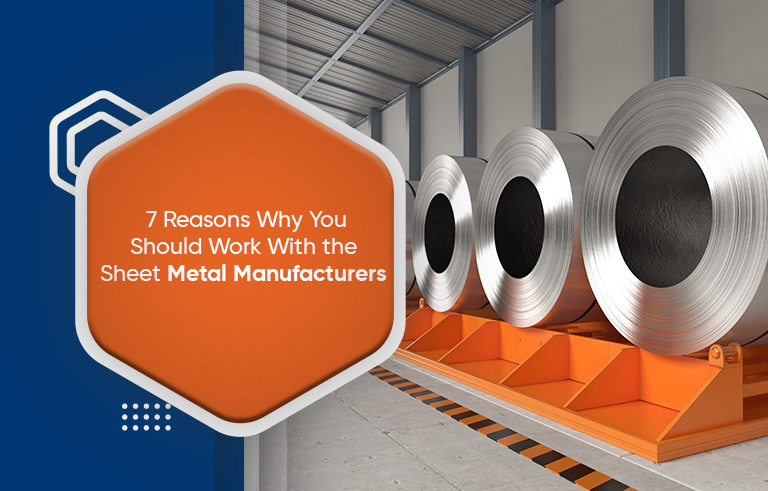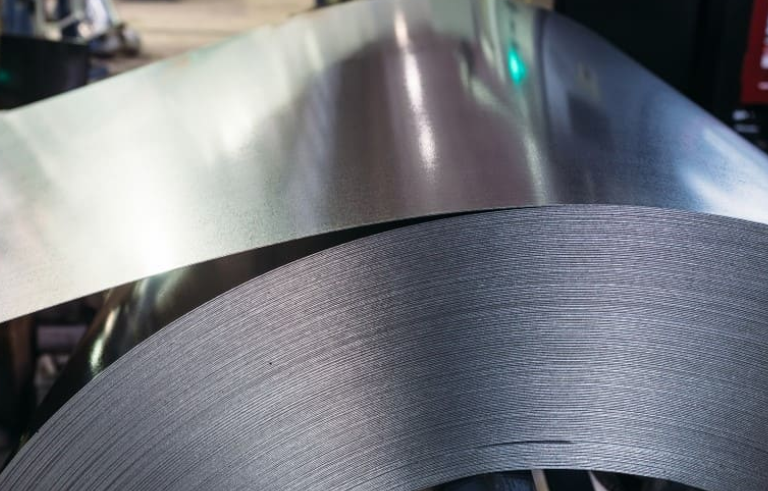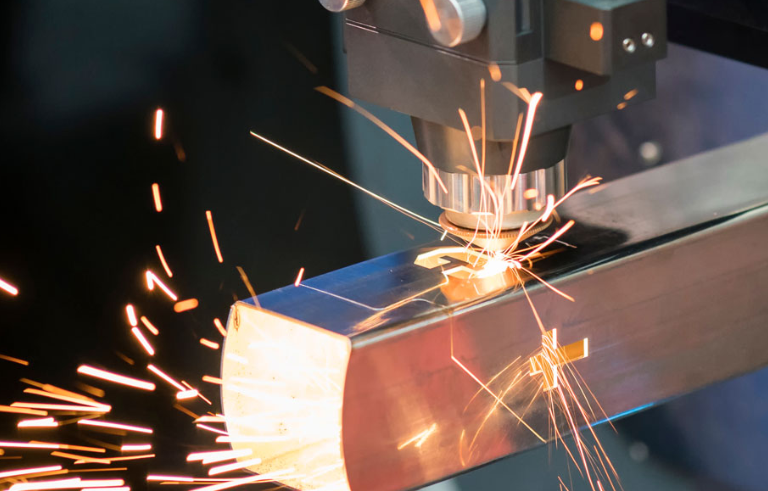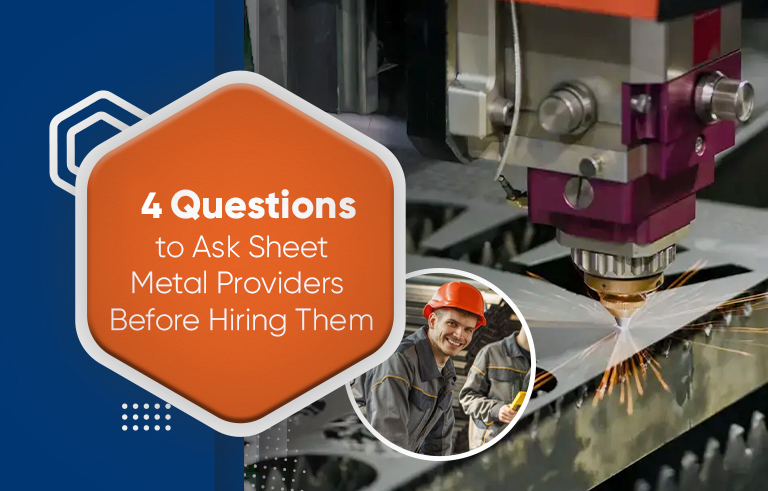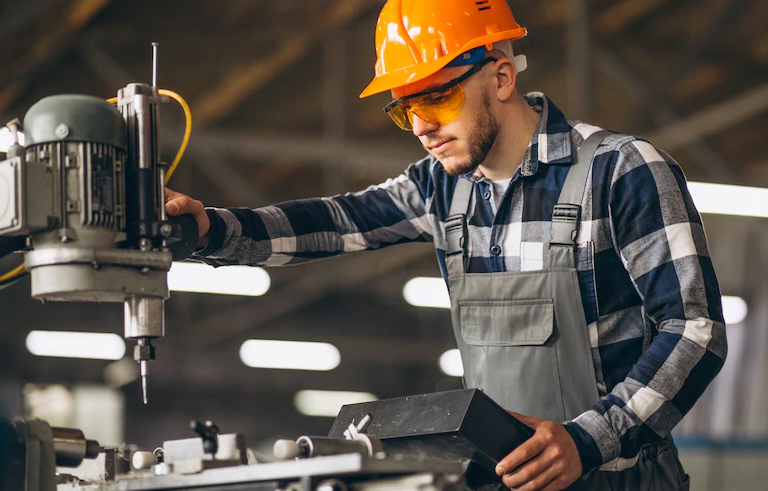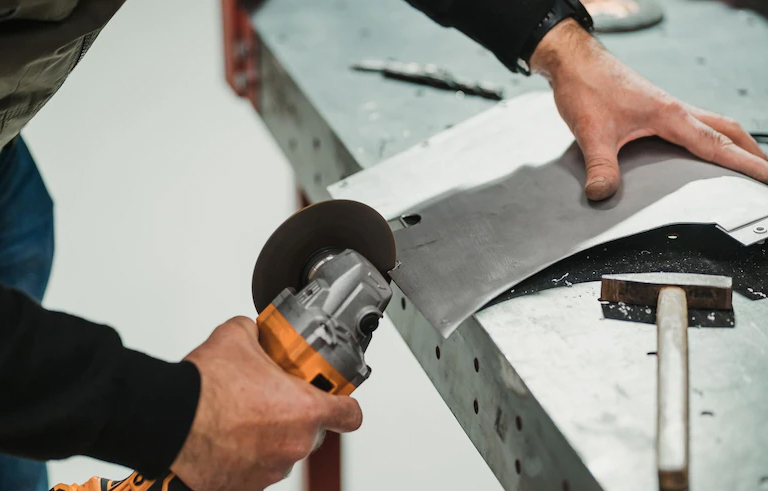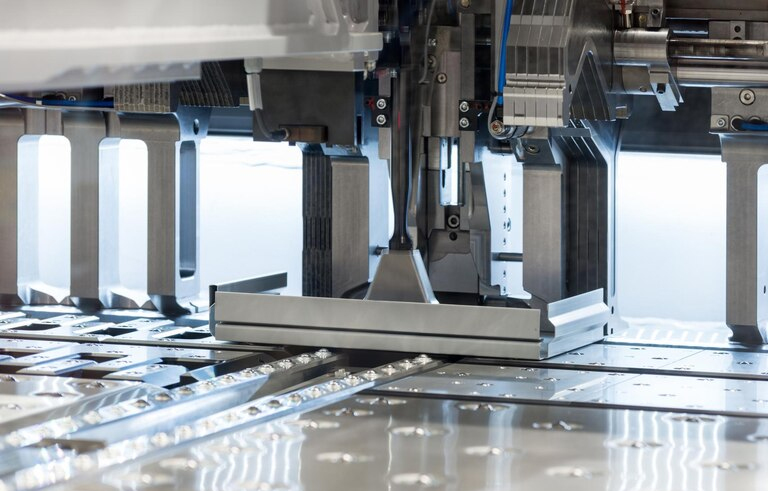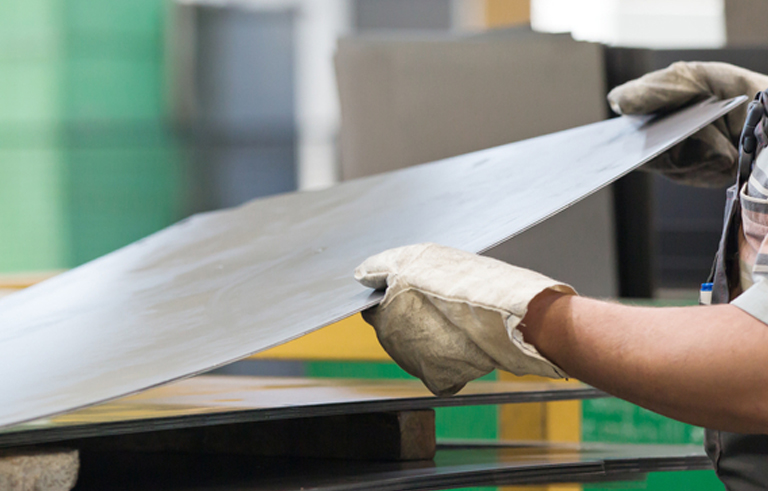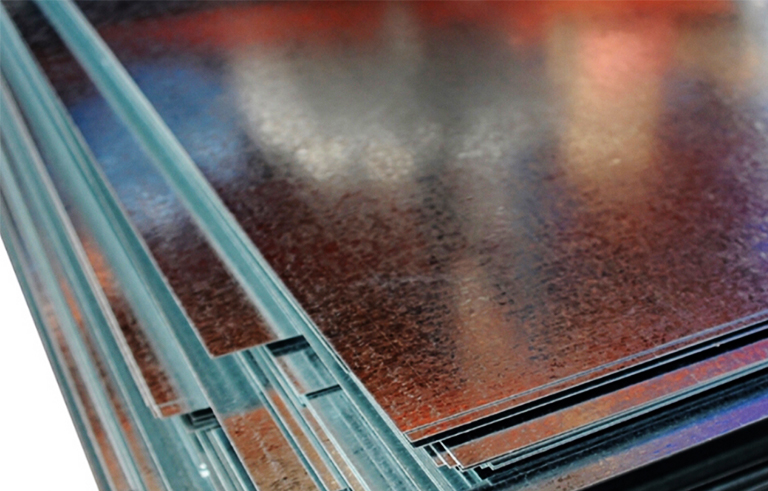The costs of running a business can be high, so finding ways to keep them down while increasing ROI can take time and effort.
It doesn’t matter how big or small a project is; it is often surprising how spending on them can be a considerable amount of money. Costs associated with tools, labor, and materials can result in a substantial amount of money being spent. Your choice of sheet metal companies could be the solution to reducing your metal fabrication costs while maintaining a high-quality result.
There is great pressure on businesses to keep costs low to maximize the return on their investments. The ultimate solution to cutting costs could be found in a metal fabrication company! Here are a few ways that you can be able to save money through the use of a metal fabrication company. Read on!
Choose Appropriate Material
Materials are often one of the most expensive parts of any project that needs to be undertaken. Therefore, each process step must be refined and trimmed to ensure the minimum amount of material is used. Consider reducing costs with your fabricator regardless of whether you use steel, stainless steel, aluminum, or another material.
What is your tolerance for material types and thicknesses for metal projects? Before going through production, you should ask these questions. Depending on the material, lasers cut at different speeds. Additionally, thinner materials will be cut through by the laser faster.
The time the laser spends running is what you are paying for, so always keep that in mind. Laser-cutting costs can be reduced significantly by selecting the right type of material or finding the right thickness for your part.
As stainless steel sheet manufacturers in India, you may have the option of buying mill-direct materials so that they can negotiate better material prices for you. As a result of their relationships with these mills and the experience they have gained from experience, you can benefit without any effort on your part. It is also important to note that if they buy mill-direct, they also have the means to purchase, ship, and store the materials themselves.
Optimize Your Design with In-House Engineers
The best way to find a metal fabrication partner is to find one who employs in-house engineers and provides design services. These engineers are usually highly skilled and have experience in your chosen fabrication processes. Their recommendation on material choices and in-line processing may help you optimize your design, but you may need to be aware of this.
You can reduce your production, material, and shipping costs by having in-house engineers work on your projects. You can still complete your project to your specifications without these engineers; however, if you make any mistakes in your design, you will notice them in the end.
You get Expert Advice From Your Metal Fabricator.
Good metal fabricators are experts in the field and may have ideas about creating an affordable design that meets your needs. You can be something other than a mechanical engineer to design a metal fabrication project.
Customers often submit projects without discussing the design with an engineer before submitting them to their metal fabrication partner.
Often, clients need to remember that fabricators have experience working on similar projects and can provide suggestions for material improvements, design modifications, etc. You can save money in the long run by using your fabricator’s expertise to create more efficient and cost-effective processes.
It is well known that the method you choose greatly affects the cost of your metal fabrication project. Your fabricator can help you optimize your design if you have been adhering to the same process for years. With this new perspective, you could reduce the cost of materials, production, and shipping while building a quality product.
Get quality equipment, certifications, and suppliers.
The right certified metal fabrication partner will have all the right equipment, suppliers, and certifications to complete any project. Moreover, they understand the industry standards you are held to by the authorities and will have the appropriate processes in place to meet your demands.
The operation of a metal fabrication company will also have the advantage of having a pre-existing group of vetted suppliers who can provide support as and when the need arises during the project’s duration. A vetted supplier can quickly provide you with the right materials without causing project delays. With the right equipment and skills, an experienced metal fabrication partner will help you complete your project successfully. The equipment, suppliers, and certifications you need are always within reach of an experienced fabrication shop.
Offer single-source solution
To save as much money as possible, you should make sure that the metal fabrication company completes as many processes as they can themselves. You can save time and money by outsourcing these processes to someone else when your metal fabricator handles everything from design to assembly for you.
To find a company that uses cutting-edge precision sheet metal fabrication equipment, look for one that uses this technology. Using these modern machines for metal fabrication may not always be cheaper, but at the end of the day, it pays off in the long run since the products that are produced with these machines are more reliable, has fewer errors, and look a lot more professional.
Final Thoughts
A sheet metal fabrication company with experience will save money by sourcing the right materials from vetted suppliers and overseeing the entire fabrication process under one roof. It is well worth your initial investment to outsource to the right partner, as the benefits and overall savings will be well worth the time and money spent on the project.
At RP Lasertech, we offer various metal fabrication services to multiple industries. Our team of professionals can offer clients not only products of high quality but also solutions that are efficient and cost-effective. Furthermore, we can recommend methods that will help you maximize your budget.
Creating your dream project would be our pleasure!


